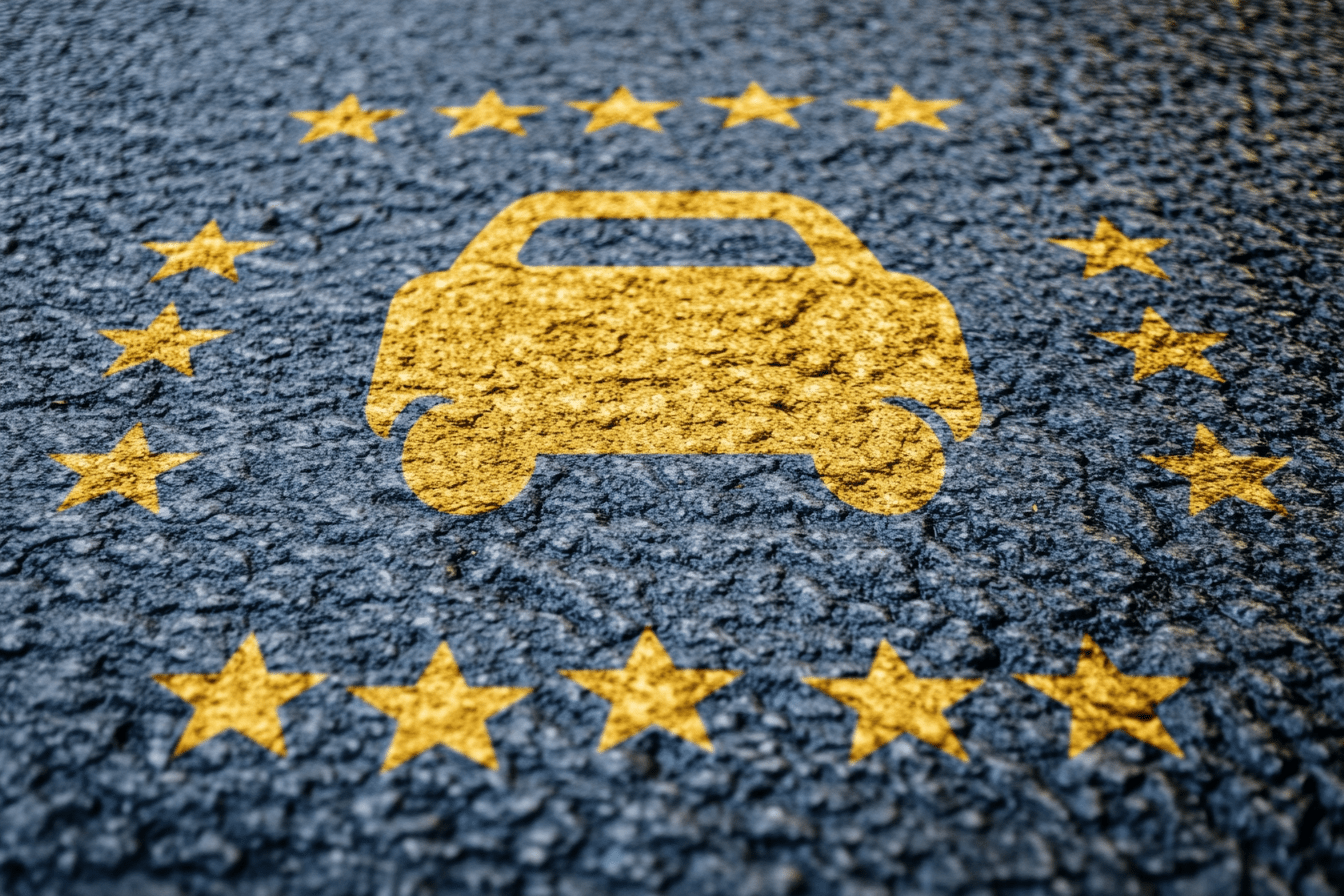Policy Brief n.39 - The EU's Anti-Subsidy Investigation Against Chinese Battery Electric Vehicle Imports
Direct public subsidies to Chinese BEV producers in the forms of grants and tax breaks are relatively small. The Commission motivates a large part of the countervailing duties (CVD) with the argument that entire markets in China are so distorted by industrial policies that the Chinese BEV producers do not face market prices for credit and batteries. A Policy Brief by Daniel Gros, and Weinian Hu

-
FilePB39_ BEVanti-subsidy.pdf (831.49 KB)
Executive Summary
In late 2024, the EU Council of Ministers approved a proposal from the Commission to impose a range of anti-subsidy tariffs on imports of battery electric vehicles (BEV) from China. The tariffs range from 7 % to 35 % and will be in force for 5 years.
China is challenging these duties in the WTO. This paper considers both the economic and the legal aspects of this case, which combines three unique features:
1. The first own initiative ASTDI anti-subsidy investigation.
2. The first EU anti-subsidy investigation that is not accompanied by anti-dumping.
3. The first EU ASTDI for a product for which the EU is a net exporter. The economic case for these duties appears weak given that at the time of the investigation the EU BEV industry appeared healthy and the EU maintains an important trade surplus in BEVs.
Moreover, EU consumers pay much higher prices for the BEVs imported from China than Chinese consumers – the opposite of dumping.
Direct public subsidies to Chinese BEV producers in the forms of grants and tax breaks are relatively small. The Commission motivates a large part of the countervailing duties (CVD) with the argument that entire markets in China are so distorted by industrial policies that the Chinese BEV producers do not face market prices for credit and batteries
IEP@BU does not express opinions of its own. The opinions expressed in this publication are those of the authors. Any errors or omissions are the responsibility of the authors.

